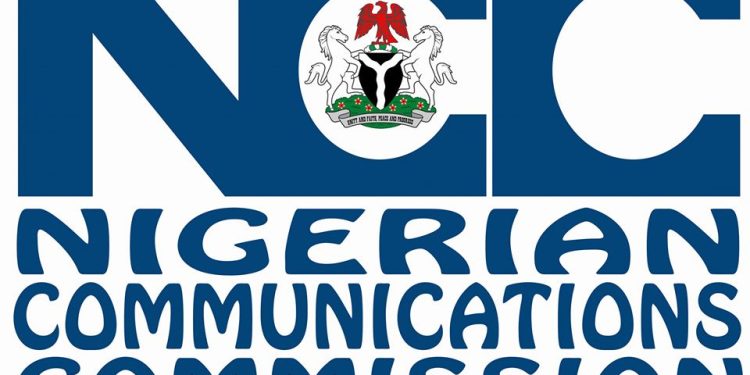The Nigerian Communications Commission (NCC) says it has reviewed the General Authorisation Framework to boost innovation and accommodate new technologies within the country’s telecoms sector.
Speaking at a stakeholders’ forum in Abuja on Thursday, the Executive Vice-chairman of the Commission, Dr. Aminu Maida said the new framework was designed to respond to the fast-changing digital economy and support startups and new service models.
Maida represented by the Executive commissioner for stakeholders management, Rimi Madam, also disclosed that NCC had attained 79.65 percent teledensity and 48.81 percent broadband penetration as of May 2025.
“We are at a turning point where the nature of innovation demands a regulatory approach that is enabling and forward-looking,” Maida said.
The draft introduces three instruments: Proof-of-Concept for piloting ideas, Regulatory Sandbox for controlled testing, and Interim Service Authorisation for services that fall outside existing license categories.
Director of Licensing and Authorisation at NCC, Mr. Usman Mamman, said the framework was informed by research and global benchmarking from countries like the UK and Singapore.
“This new approach will support experimentation and responsible deployment while safeguarding market integrity,” Mamman noted, urging stakeholders to contribute feedback before finalisation.
During the forum, Head of Telecoms Law and Regulations at the NCC, Dr Mohammed Yusuf, also presented stakeholder input from groups like the Industry Consumer Advisory Forum (ICAF) and MTN Nigeria.
ICAF called for clearer consumer protection measures, redress mechanisms, and limits on the scope of authorisations, while MTN raised concerns about overlap between temporary and permanent licences, calling for more specific guidelines.
Yusuf assured participants that the final framework will reflect stakeholder concerns and align with national digital policies.
The Commission emphasised that the General Authorisation Framework remains a draft and is open to public review.









